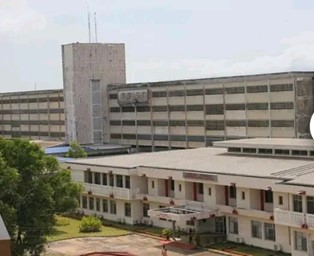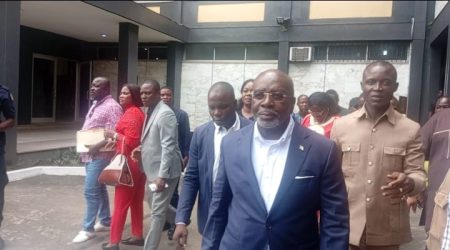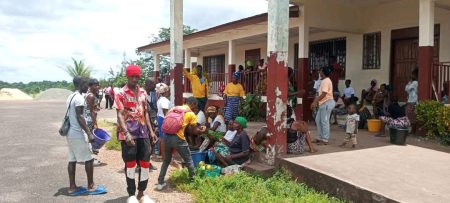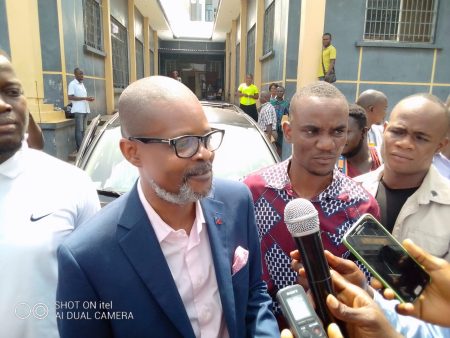The John F. Kennedy Memorial Medical Center in Liberia recently announced a significant increase in fees for maternal care services, effective August 1, 2025. This includes a new fee structure for Cesarean sections, mandating patients to make deposits for admission, the procedure itself, intra-operative medications and supplies, and routine laboratory tests before undergoing surgery. This decision sparked immediate controversy and public outcry, particularly concerning the requirement for upfront payment for emergency procedures like childbirth.
Senate Pro-Tempore Nyonblee Kangar-Lawrence responded to the public outcry, stating that she and other officials were intervening to address the situation. She emphasized that no woman in labor should be required to pay a deposit before receiving care at a government hospital, stressing the emergency nature of childbirth. She maintained that services should be provided immediately upon arrival.
However, Cllr. Taiwan Saye Gongloe, a prominent Liberian human rights lawyer, criticized Senator Kangar-Lawrence’s response, characterizing it as hypocritical and highlighting the lavish salaries and benefits enjoyed by Liberian lawmakers, including the Senator herself. He compared her annual salary of $254,000 to that of the US Senate Pro-Tempore’s $193,000, arguing that such high salaries for Liberian officials contribute to the country’s inadequate healthcare, infrastructure, and education systems. He advocated for a drastic reduction in lawmakers’ salaries and benefits, proposing a cap of $2,000 per month, and suggested eliminating the provision of government vehicles for lawmakers. These measures, he argued, would free up significant resources that could be redirected towards essential services.
Cllr. Gongloe linked the current healthcare crisis to the withdrawal of USAID support from Liberia’s health sector, arguing that Liberia’s reliance on foreign aid is unsustainable. He called for policy and budgetary reforms, emphasizing the need for Liberia to take responsibility for its own healthcare system. He further asserted that the exorbitant spending by a small elite while the vast majority struggles to survive creates conditions ripe for social unrest and instability. He concluded that government hospitals should provide free services to vulnerable populations, including pregnant women, children, and the elderly.
The situation at JFK Medical Center exposes the deeper systemic issues within Liberia’s healthcare system, including funding shortages, dependence on foreign aid, and arguably, a misallocation of resources. Cllr. Gongloe’s critique underscores the disparity between the financial realities of ordinary Liberians and the significant compensation received by their elected officials. His call for a reduction in lawmakers’ salaries and benefits raises questions about the prioritization of public funds and the responsibility of elected officials to serve the needs of their constituents.
The debate sparked by the increased fees at JFK Medical Center transcends the immediate issue of maternal healthcare costs. It highlights broader concerns about economic inequality, government accountability, and the need for sustainable investment in essential public services. The incident serves as a potent illustration of the challenges faced by Liberia’s healthcare system and the urgent need for comprehensive reform to ensure accessible and affordable healthcare for all citizens. The contrasting viewpoints of Senator Kangar-Lawrence and Cllr. Gongloe represent the complex dynamics of Liberian politics and the ongoing debate about the allocation of public resources. The situation underscores the importance of continued dialogue and advocacy to address the systemic issues plaguing Liberia’s healthcare sector.














